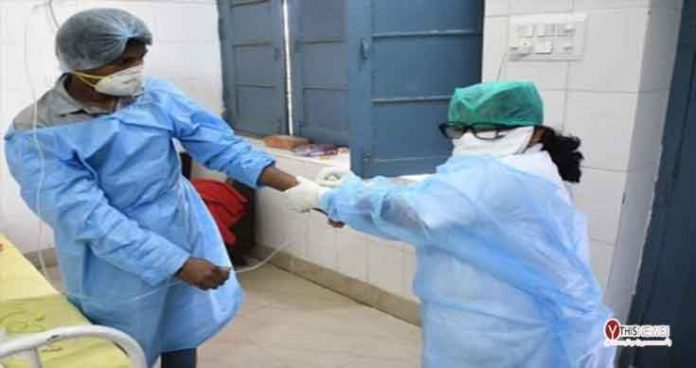Hyderabad: The Telangana government has decided to collect blood at the Institute of Preventive Medicine (IPM) in Hyderabad to address the shortage of blood in view of COVID-19 induced lockdown and avoid cross infections among voluntary donors at other blood centers.
As no regular voluntary blood donation camps are being conducted by government-run blood banks since the lockdown began last month, the health authorities decided to collect blood at the standalone blood center at IPM Narayanaguda to avoid cross infections among voluntary donors at the hospital attached with blood centers.
Additional staff is being deputed to IPM Blood Center, which will collect on an average 100 to 115 units per day, further processed into components, during the period of COVID-19 pandemic.
IPM blood bank will issue blood units in a single in emergency or bulk as per the request received from the concerned hospital blood center.
Officials said the objective of this move was to minimize infection transmission in COVID- 9 pandemic for both donor and recipient, rationale use of resources including human resources, equipment, and consumables. It will be easy to maintain and will also ensure the rational use of mobile blood van and blood collection van availability. The center will be accessible to all donors and serve all the government blood banks in the districts.
Donors will be called for donations on allotted slots to reduce cross infections. There will be proper counseling and motivation to donors. With the single facility, it will be easy to monitor and regulate the collection and the needy can be in emergency situations. Officials hope that the move will also reduce the wastage of blood and to enlist rare blood groups and ensure availability.
Telangana has nearly 1723 patients suffering from Thalassemia disease. All these patients are required regular blood transfusion twice a month.


